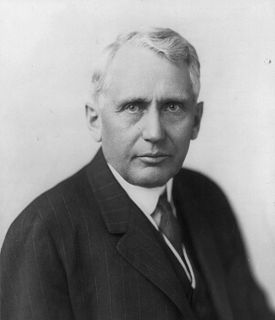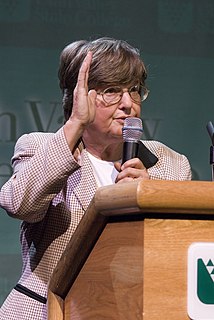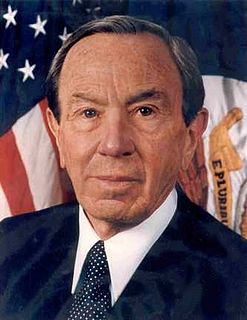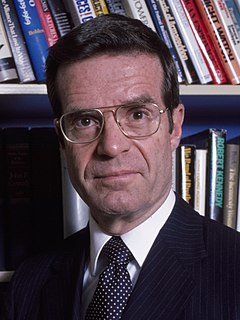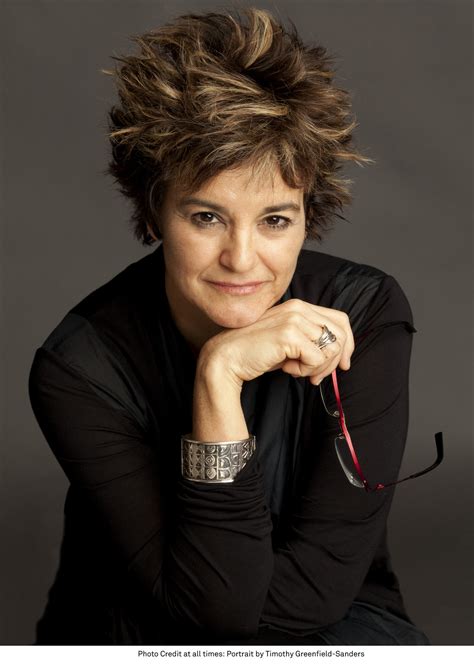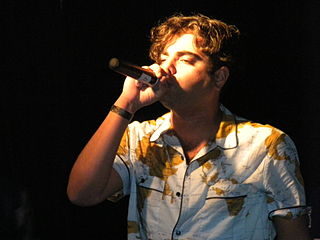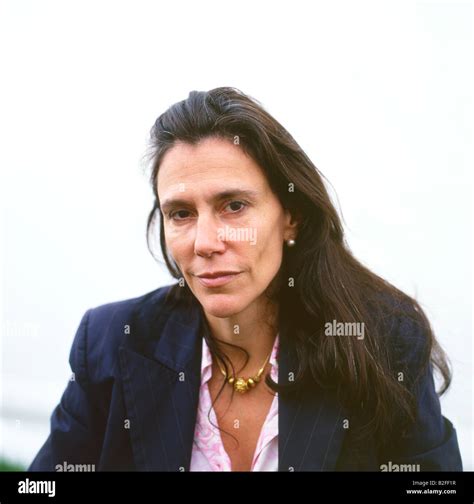A Quote by Susan Sarandon
It didn't seem to have relevance, except in Central America or South America, countries where the church was connected to the fight of the people for economic justice. That's why it was so interesting to find myself back with Sister Helen [in Dead Man Walking], this new breed of nuns who were making a difference in the community.
Quote Topics
Related Quotes
Exporting Church employees to Latin America masks a universal and unconscious fear of a new Church. North and South American authorities, differently motivated but equally fearful, become accomplices in maintaining a clerical and irrelevant Church. Sacralizing employees and property, this Church becomes progressively more blind to the possibilities of Sacralizing person and community.
The Honorable Elijah Muhammad said Allah God has come to fight the battle of justice for the Black man and woman of America and it is He who is plaguing America with the disasters of unusual rain, hail, snow, and soon earthquakes. So if the Black man and woman and the Native Americans, or Indians, are not in the equation of those running for the high office of the Presidency of the United States, if we are not in the equation for justice, then none of these candidates can save America from the Wrath of Allah (God).
The international community has to overcome its differences and find solutions to the conflicts of today in South Sudan, Syria, Central African Republic and elsewhere. Non-traditional donors need to step up alongside traditional donors. As many people are forcibly displaced today as the entire populations of medium-to-large countries such as Colombia or Spain, South Africa or South Korea.
I engage with New York and America but my parents pretty much hang out in this radius of Long Island where their friends are and where their work is. That's why you have people who have lived in New York for like 20, 30 years who don't speak English. They just live in a Chinese community or an Indian community. More than anywhere you'll find that in Queens.
In South America euphemism appears to be the grisly preserve of violent power. 'Liberty' was the name of the biggest prison in Uruguay under the military dictatorship, while in Chile one of the concentration camps was called 'Dignity.' It was the self-styled 'Peace and Justice' paramilitary group in Chiapas [Mexico] that in 1997 shot 45 peasants in the back, nearly all of them women and children, as they prayed in a church. What have the souls of the south done over the past few decades to deserve quite so much liberty and dignity and peace and justice?

